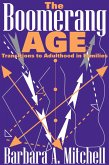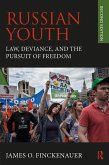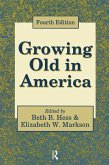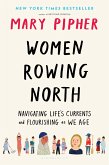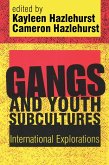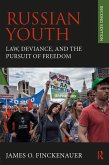Domestic changes are taking place in the lives of young adults in Western industrialized societies. Today's young people often experience less permanency and more movement in a variety of family-related roles, statuses, and living arrangements. Among the most prominent changes is the phenomenon of "boomerang kids," young adults returning to the parental home after their initial entrance into the adult world. The Boomerang Age, explores the implications of this development in a changing sociocultural, economic, and demographic landscape.
Mitchell begins by addressing definitional, conceptual, and measurement issues relevant to the "boomerang age." She then places the issues in historical perspective by considering trends in family organization--the nuclear family, marriage and divorce rates and fertility--over the past hundred years with emphasis on the 1950s family as a cultural benchmark. The book then turns to the contemporary trajectory of home leaving and returning, analyzing the "launch" and return phases with regard to economic factors, regional differences, and racial and ethnic backgrounds.
Mitchell then explores the more personal dimensions of how a return to the family is complicated by partnership (marriage, divorce, cohabitation, homosexuality) and parenthood among young couples. Moving outside the home, she looks at how public issues such as globalization, the decline of the welfare state, and various forms of social inequality affect the circumstances of young adulthood. Here Mitchell offers specific social policy recommendations pertaining to education, housing and dependency issues, childcare, and gender and racial equality. The book concludes by critically evaluating the advantages and drawbacks of two possible future scenarios: increased individualization in the pursuit of social g
Dieser Download kann aus rechtlichen Gründen nur mit Rechnungsadresse in A, B, BG, CY, CZ, D, DK, EW, E, FIN, F, GR, HR, H, IRL, I, LT, L, LR, M, NL, PL, P, R, S, SLO, SK ausgeliefert werden.



